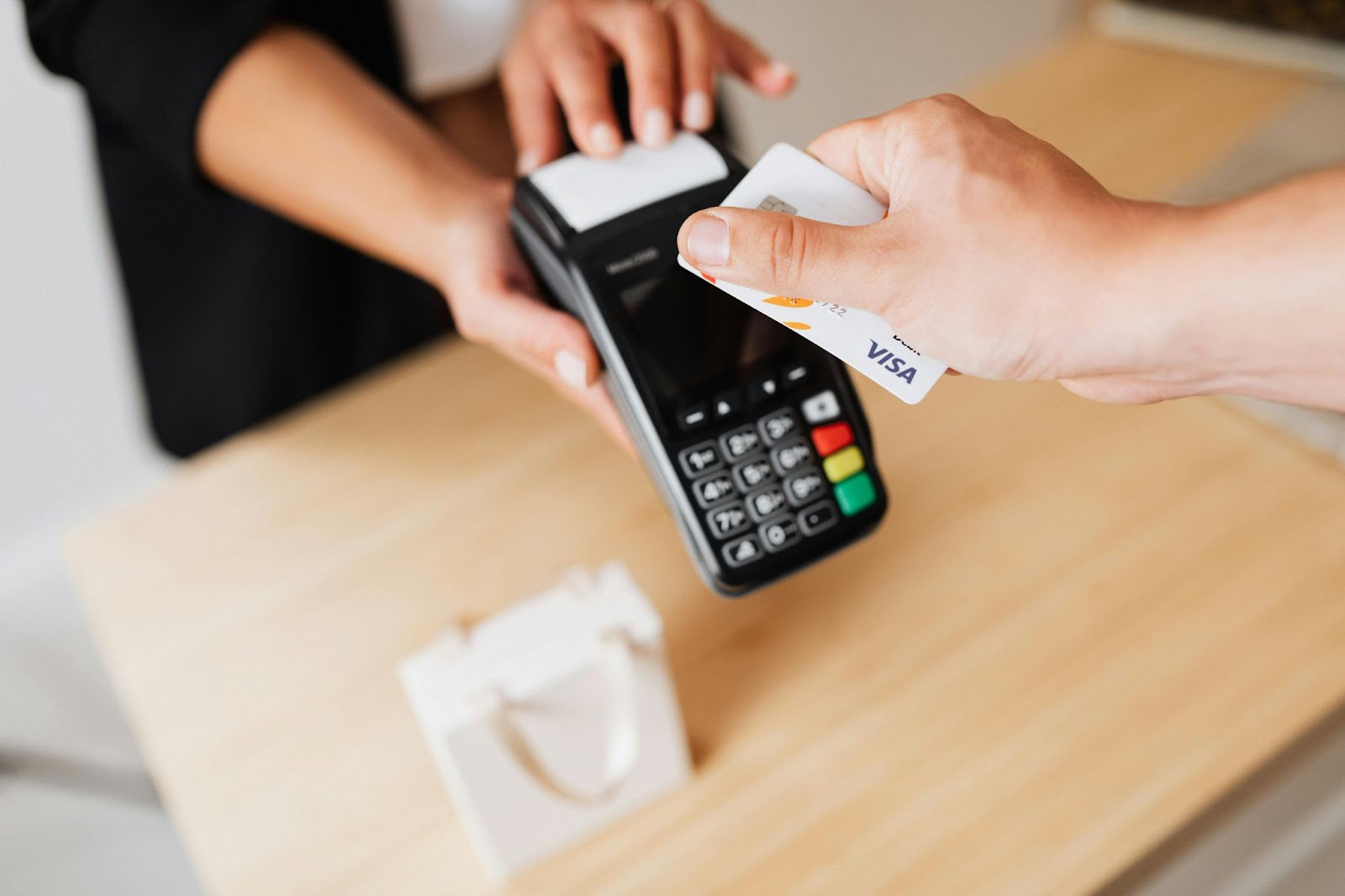Samsung Password Manager—Is It Secured?
Managing online security is increasingly challenging, with cyber threats becoming more difficult to detect. According to the 2024 Cost of Data Breach Report by IBM, breaches involving stolen credentials take the longest time to resolve, averaging 292 days to contain and remediate[1]. This alarming statistic underscores the need for robust password management solutions at the enterprise and individual levels.
To help its users protect sensitive information, Samsung introduced Samsung Pass, a password manager with numerous security features. This review of the Samsung Password Manager will describe its features, device support options, and pricing. If you're interested in safeguarding more at-risk information than solely your passwords, this article will also explain how to leverage virtual cards to protect your payment card details.
Disclaimer: The information in this review is accurate as of July 2024. For more up-to-date information, please visit the official Samsung website.
An Overview of the Samsung Password Manager
To assess Samsung Pass' functionality and suitability for different users, we'll examine its five characteristics:
- Security measures
- Password management features
- Device compatibility
- Customer support
- Pricing
Security Measures

Samsung Pass allows users to log into websites using biometric methods like fingerprint, iris, or facial recognition [2]. When the app is enabled, users are asked whether they'd like Samsung Pass to save their account information the first time they use it to sign into an app or a website. If they agree, users can log in to their accounts using biometric methods only[3].
Samsung Pass relies on Samsung Knox, the company's security platform, to encrypt stored biometric information[4]. The encrypted data is stored in the TrustZone, Samsung's chip partition managed by Samsung Knox[5].
As an added protective measure, Samsung Pass allows only ten unsuccessful attempts at using it before deactivating the account. Users will have to reactivate the app using their Samsung Account password[5].
Password Management Features
Samsung Pass has several offerings designed to streamline password management. For instance, autofill streamlines the login process by automatically filling in login credentials for websites and apps using your biometric information[6].
Additional password management features include:
- Passkeys—Supports the use of passkeys for apps and websites that support this feature, allowing users to log in seamlessly[7]
- Digital Key—Enables users to register their vehicle's digital keys to their smartphone, allowing them to lock or unlock the doors or start their vehicles remotely[8]
- One-Time-Password(OTP)—Provides an integrated OTP feature that offers a convenient way to additionally secure access to online accounts without needing a separate app or SMS messaging service for two-factor authentication[9]
As of the time of writing, Samsung Pass doesn't offer a built-in password generator. Users seeking a solution with robust password generation capabilities may consider alternatives like NordPass, Bitwarden, Keeper, or Dashlane.
Device Compatibility
Depending on the version of Android the user has on their device, Samsung Pass is available in two ways[10][11]:
- For Android 7.0 (Nougat) and 8.0 (Oreo), as a standalone app
- For Android 9.0 (Pie) and newer, as part of the Samsung Wallet app
Samsung Wallet App is supported on the following devices[10]:
- Galaxy S Series—Galaxy S24, S23, S22, S21, and earlier models down to Galaxy S8
- Galaxy Z Series—Galaxy Z Fold and Galaxy Z Flip models
- Galaxy Note Series—Galaxy Note20, Note10, Note9, and earlier models
- Galaxy A Series—Various models such as Galaxy A54 5G, A52 5G, and A71 5G
Samsung Pass can also be installed on Samsung tablets[12] and Galaxy Book 3 or over[13]. Users can add the password manager on up to five devices per Samsung account, and only their login credentials will be synced[14].
Due to the service's lack of support for iOS, individuals who use devices with this operating system may need to consider alternatives such as LastPass, 1Password, or RoboForm, which offer compatibility across multiple operating systems.
Customer Support
To assist individuals with using the app, Samsung offers automated 24/7 chat, text, and email support[15].
Users can also leverage troubleshooting guides on Samsung's website[11]. These guides cover various aspects of Samsung Pass functionality and offer step-by-step instructions to help users resolve common issues independently.
The company also offers Samsung Members, a community forum for users to share experiences, ask questions, and receive advice from peers and moderators.
Pricing
Samsung Pass is available as a free service. It can appeal to individuals with Samsung phones who need a password management solution without making a financial commitment.
Users who want a free password manager they can use on their Galaxy phones and other platforms such as iOS, Windows, or macOS, might opt for a browser-based password manager such as Firefox's password manager, Google's password manager, and Edge's password manager.

Can Samsung Pass Protect Financial Information?
Given that Samsung Pass is built into Samsung Wallet, it allows you to benefit from tokenization[18]. This feature protects your payment card numbers by sending merchants a token instead so that they can never receive and store your payment information.
However, this protection is limited to the Samsung ecosystem. If you're looking to protect your financial data when transacting online on non-Samsung devices—or even Samsung devices that don't support Samsung Wallet—consider using virtual cards. With a dedicated card provider like Privacy, you'll benefit from additional security and card control features.

Privacy Cards Help You Hide Financial Details
You can connect your debit card or bank account to Privacy and generate multiple virtual cards for different purchases. Each Privacy Virtual Card comes with a unique card number, expiration date, and CVV code to use at checkout, hiding your underlying card details from potential hackers.
Being a PCI-DSS-compliant service provider, Privacy uses AES-256 encryption to secure sensitive data, which makes it unreadable to third parties. You also benefit from two-factor authentication (2FA), significantly reducing the risk of unauthorized access to your Privacy account.
Other security measures and features of Privacy include:
- Reputable third-party audits—Privacy undergoes regular audits by reputable third parties to ensure it meets stringent industry standards for data protection.
- Hashing of passwords—Privacy uses advanced hashing techniques to securely store passwords, making them unreadable to potential hackers.
- Fraud investigation—If you dispute a transaction, Privacy investigates it and files a chargeback against the merchant the same way your bank would.
Privacy Card Types and Features
With Privacy, you get three types of virtual cards:
You can pause or close your virtual cards, and Privacy will block further transactions. This feature can help protect your account against accidental charges. Privacy also allows you to set spending limits on your cards. If a transaction exceeds the set limit, Privacy will decline it, protecting you from sneaky merchants and unannounced price hikes.
Convenience Features
Besides helping safeguard sensitive financial information, Privacy offers several features to give you control over online transactions. For example, Privacy integrates with 1Password, allowing you to create and use virtual cards directly from the password manager's browser extension.
The Privacy App, available on iOS and Android platforms, allows you to create and use virtual cards on the go. With the Privacy Browser Extension, available for Firefox, Google Chrome, Microsoft Edge, Safari, and Safari for iOS, you can seamlessly generate and use virtual cards without interrupting your shopping experience.
Privacy also offers Card Notes, allowing you to create notes for when and where each virtual card was used or will be used next, helping you keep track of your expenses. With Privacy's Shared Cards feature, you can share virtual card details with friends and family, which can be convenient for gifting loved ones while retaining control over your payment information.

Getting Started With Privacy
To join Privacy, follow four simple steps:
- Register on the Privacy website
- Complete the identity verification process
- Link a payment method, such as your bank account or debit card
- Request your first Privacy Card
Depending on your needs, you can choose from four Privacy plans:
You can use Privacy Cards to transact with vendors that accept Visa® and Mastercard® payment gateways.
